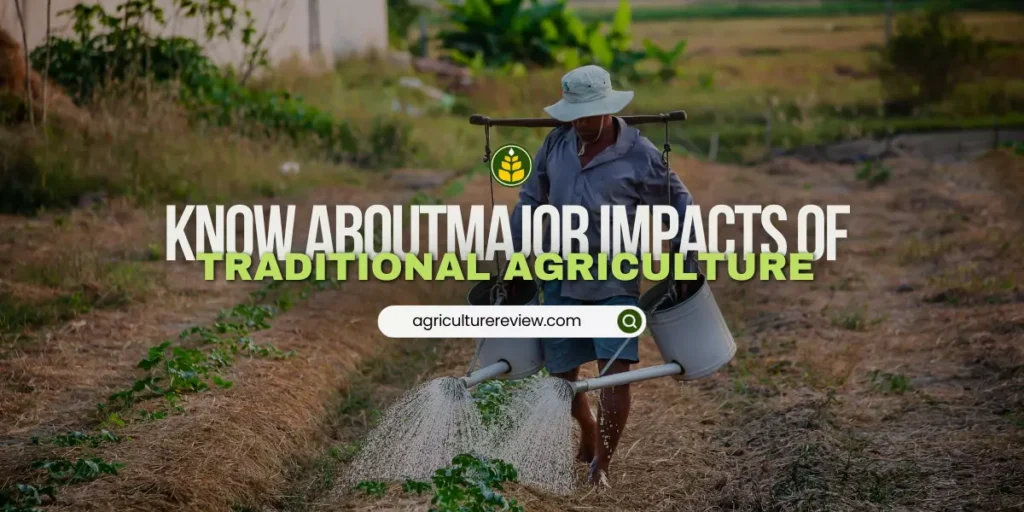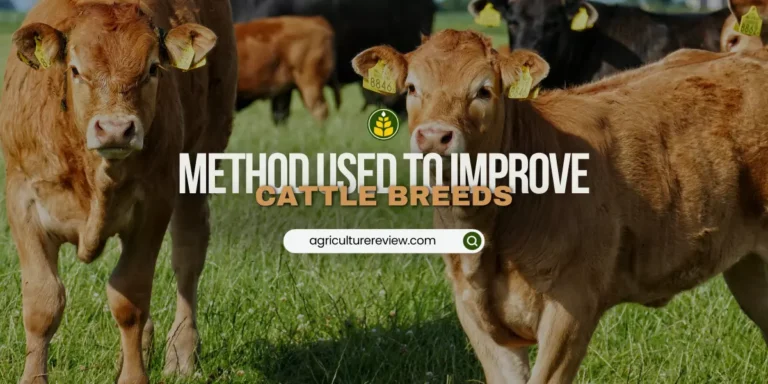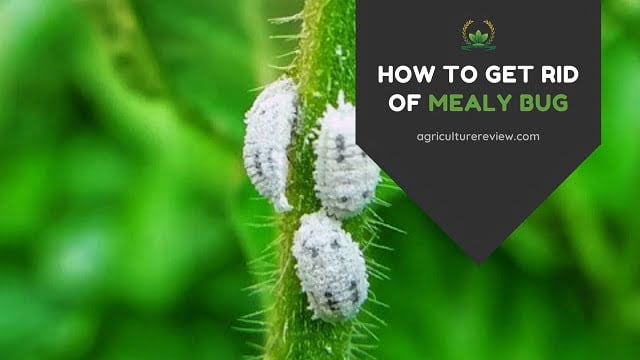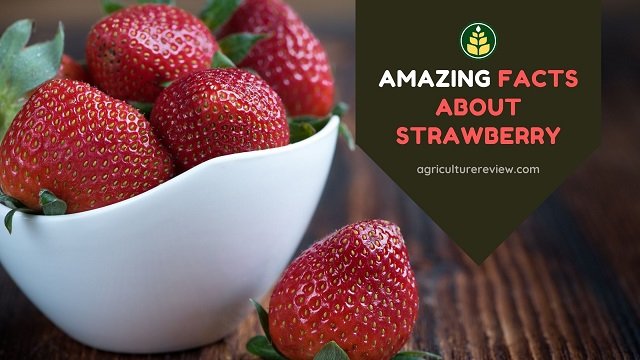Traditional agriculture is a primitive method of farming in which farmers use indigenous knowledge, traditional tools and equipment, organic fertilizers and pesticides. However, production may be less in traditional farming systems, but it is a healthy food production system.
Many people get confused between the definition of modern and traditional agriculture and they involve the use of machinery and agrochemicals in traditional agriculture, but it is not. Traditional agriculture and modern agriculture are two different concepts.
Modern agriculture occurred after the Second Agricultural Revolution and the Industrial Revolution. Manufacturing and use of agrochemicals and machinery started after these events. That’s why traditional agriculture is not modern agriculture, but it is an indigenous agriculture system in which no chemicals or machinery are used.
Impact Of Traditional Agriculture

- Soil Health: Tradional farming practices involves practices such as multiple cropping, organic fertilizers, mulching, etc. hence help to improve soil health and fertility.
- Biodiversity: Practicing traditional agriculture practices promotes local biodiversity as native crop species are cultivated because of their unique taste and adaptability and chemicals are not used due to which microorganisms and insect populations do not get reduced on a large scale.
- Water Ecosystem: In traditional agriculture, agrochemicals are not used, hence nearby water bodies do not get polluted, which is why water does not get polluted and the water ecosystem remains conserved.
- Low Investment: As naturally available resources are used in traditional agriculture and it is practiced by a community or family members, the input cost decreases.
- Traditional Knowledge: There are many forms of traditional agriculture in the world such as shifting cultivation, Dong’s Rice Fish Duck System, Zero Budget Natural Farming, etc. Hence, practicing traditional agriculture helps in the transfer of indigenous knowledge.
- Deforestation: However, there are many positive impacts of traditional agriculture, but to create new agricultural lands, forestlands are cleared. Moreover, in traditional agriculture systems like shifting cultivation, natural vegetation is cleared periodically until the soil nutrients get exhausted.
- Low Yield: In traditional farming systems, control of pests and diseases becomes difficult due to which crop growth gets affected, moreover, the high-yielding variety of crops is not used, which results in lower yield.
- Less Water Requirement: Farmer practice mulching, multiple cropping and other indigenous practices help to reduce evapotranspiration loss of water from crops, hence crop water requirement is reduced and therefore, less water needs to be applied to grow crops.
- Not Profitable: Traditional farming systems are often practiced to meet the needs of a family or a community. Hence, harvested crops are sold in the market after fulfilling the basic needs, hence farmers do not earn good profits from traditional farming.
- Soil Erosion: Any type of agriculture, be it modern or traditional, if practiced extensively results in soil erosion. However, modern farming is more responsible for soil erosion than traditional farming systems because of excessive tillage and heavy use of chemicals, but in traditional farming systems, soil erosion mainly results from deforestation.
If you have any queries, ideas or suggestions, then please comment below. You can also connect with Agriculture Review on Facebook, Instagram, Koo and WhatsApp Messenger.





